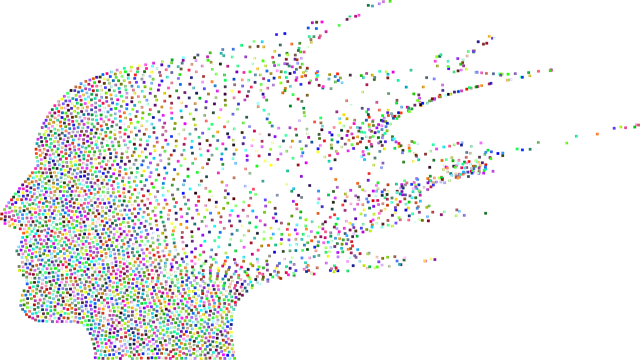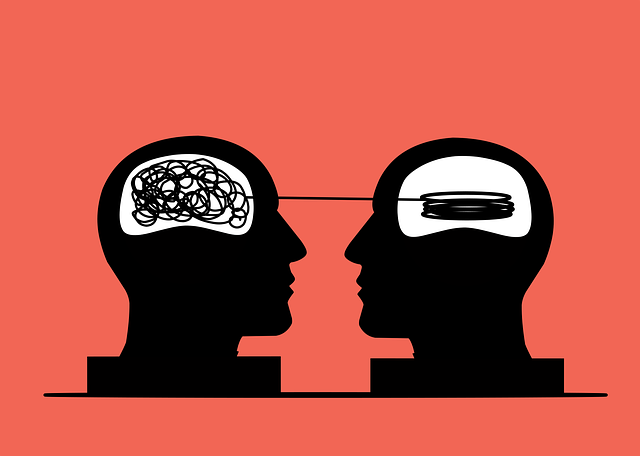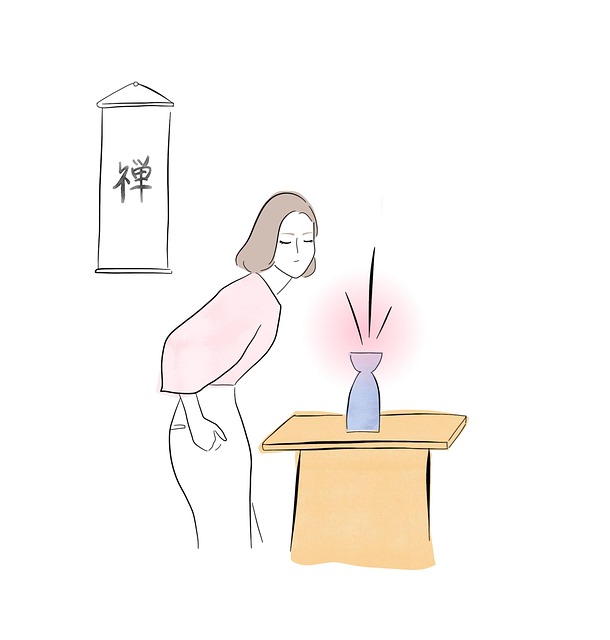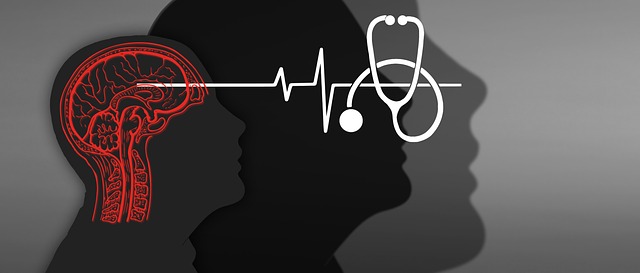Stress among adolescents, driven by academic pressures, peer dynamics and identity formation, often goes unnoticed. Recognizing signs like irritability and sleep changes is crucial. Tailored therapy, including CBT and mindfulness meditation, effectively manages stress. Specialized ADD-ADHD evaluations help identify and manage symptoms, guiding teens towards healthier coping mechanisms. Healthcare providers offer burnout prevention guidance, fostering emotional healing and well-being in adolescent teens.
“Stress reduction methods are crucial for adolescent teens, especially those dealing with Attention Deficit Disorder (ADD) or Attention Deficit Hyperactivity Disorder (ADHD). This comprehensive guide delves into understanding teen stress, the unique challenges they face, and effective strategies for management. We explore the transformative power of therapy in treating ADD/ADHD and stress, emphasizing personalized evaluations and assessments. Furthermore, practical tools and techniques are showcased to empower teens with healthy coping mechanisms, fostering a balanced and resilient lifestyle.”
- Understanding Stress in Adolescent Teens: A Comprehensive Look
- The Role of Therapy in Managing ADD/ADHD and Stress
- Evaluations and Assessments for Effective Stress Reduction Strategies
- Practical Tools and Techniques for Teen Stress Management
Understanding Stress in Adolescent Teens: A Comprehensive Look

Stress among adolescent teens is a prevalent concern, often stemming from academic pressures, peer relationships, and identity formation. This period in life is crucial for emotional development, and understanding the root causes of stress is essential for implementing effective reduction strategies. Many teen individuals may struggle silently, making it vital to recognize common signs like irritability, anxiety, or changes in sleep patterns.
One comprehensive approach involves therapy sessions tailored to their needs, such as cognitive-behavioral therapy (CBT) and mindfulness meditation. For those exhibiting symptoms of Attention Deficit Hyperactivity Disorder (ADHD) or related conditions, specialized ADD-ADHD evaluations can provide insights into managing stress more effectively. Additionally, burnout prevention strategies for healthcare providers can offer valuable guidance on supporting adolescent teens through emotional healing processes, fostering healthier coping mechanisms, and promoting overall well-being.
The Role of Therapy in Managing ADD/ADHD and Stress

For adolescent teens struggling with Attention Deficit Disorder (ADD) or Attention-Deficit/Hyperactivity Disorder (ADHD), therapy plays a pivotal role in managing stress and improving overall well-being. Specialized therapy sessions, such as those focusing on Social Skills Training, can empower teens to navigate social interactions more effectively. This type of training helps them understand and manage their symptoms, thereby reducing the anxiety and stress often associated with everyday social situations.
Incorporating Risk Management Planning for Mental Health Professionals is another valuable aspect of ADD/ADHD therapy. Through structured planning, teens learn to anticipate potential stressors and develop strategies to mitigate their impact. This proactive approach equips them with essential coping mechanisms, enabling better stress management as they navigate the challenges of adolescence. Effective therapy provides a safe space for teens to process emotions, gain insights into their behaviors, and cultivate healthier ways of interacting with their environment.
Evaluations and Assessments for Effective Stress Reduction Strategies

Stress reduction strategies require a tailored approach, especially for adolescents and teens dealing with conditions like ADD/ADHD. Professional evaluations and assessments play a crucial role in identifying effective methods to manage stress levels. Therapy sessions designed specifically for this age group consider the unique challenges they face, incorporating techniques such as Emotional Intelligence training and Self-Esteem improvement exercises. These evaluations help in understanding the root causes of stress and designing personalized interventions.
Through comprehensive assessments, therapists can guide teens towards healthier coping mechanisms and emotional healing processes. By integrating evidence-based practices, these evaluations ensure that the chosen strategies are not just temporary fixes but long-lasting solutions to navigate life’s stressors. This tailored approach is vital for sustainable mental well-being in adolescents.
Practical Tools and Techniques for Teen Stress Management

Teenagers often face unique stressors related to academic pressures, peer relationships, and self-identity development. Practical tools and techniques for stress management can empower them to navigate these challenges more effectively. Cognitive Behavioral Therapy (CBT), a widely recognized approach, has proven beneficial in teaching teens how to identify and challenge negative thought patterns. This therapy focuses on helping them develop healthier coping mechanisms and improve their problem-solving skills, thereby enhancing mental wellness.
Incorporating regular physical activity, mindfulness practices, and adequate sleep into daily routines can significantly contribute to stress reduction methods for adolescent teens. Additionally, seeking professional guidance through ADD-ADHD evaluations can be instrumental in managing underlying conditions that may exacerbate stress levels. Encouraging positive thinking and building resilience are also key strategies to foster overall mental wellness in this age group.
Stress reduction is a vital aspect of adolescent well-being, especially for those managing Attention Deficit Disorder (ADD) or Attention Deficit Hyperactivity Disorder (ADHD). By understanding the unique challenges faced by teen ages, such as academic pressures and peer relationships, parents and caregivers can effectively employ various stress management techniques. This includes utilizing therapy to address ADD/ADHD symptoms and implementing comprehensive evaluations for tailored strategies. Through practical tools like mindfulness exercises and organized routines, adolescent teens can develop healthy coping mechanisms, fostering resilience and overall mental health.














